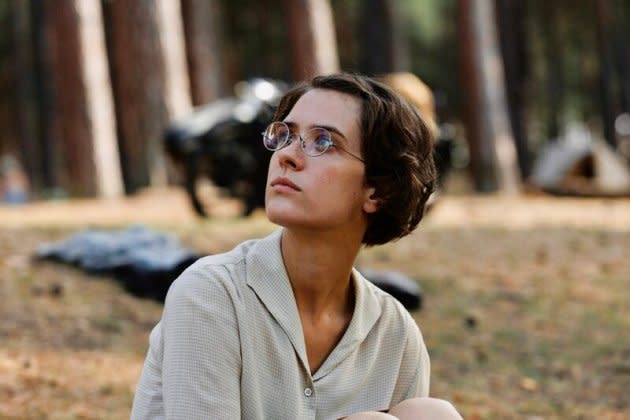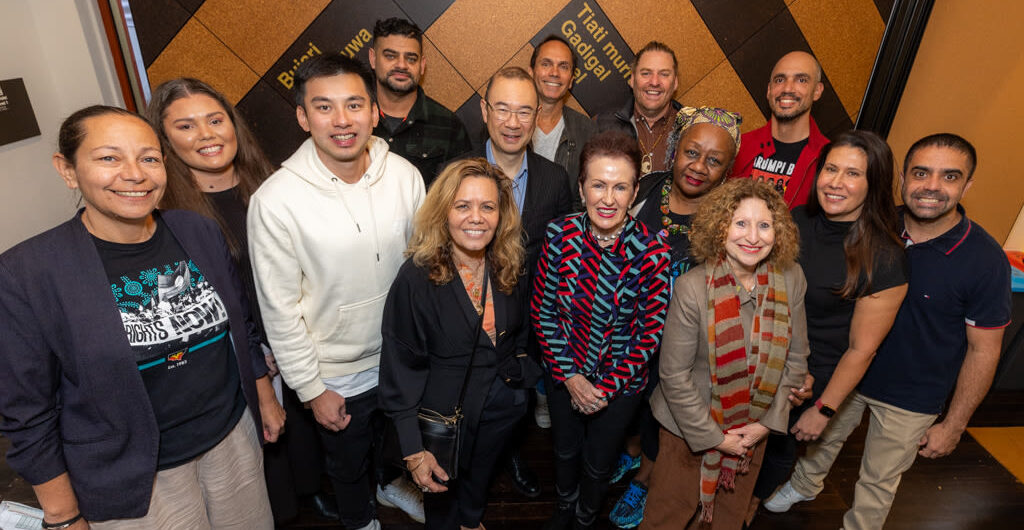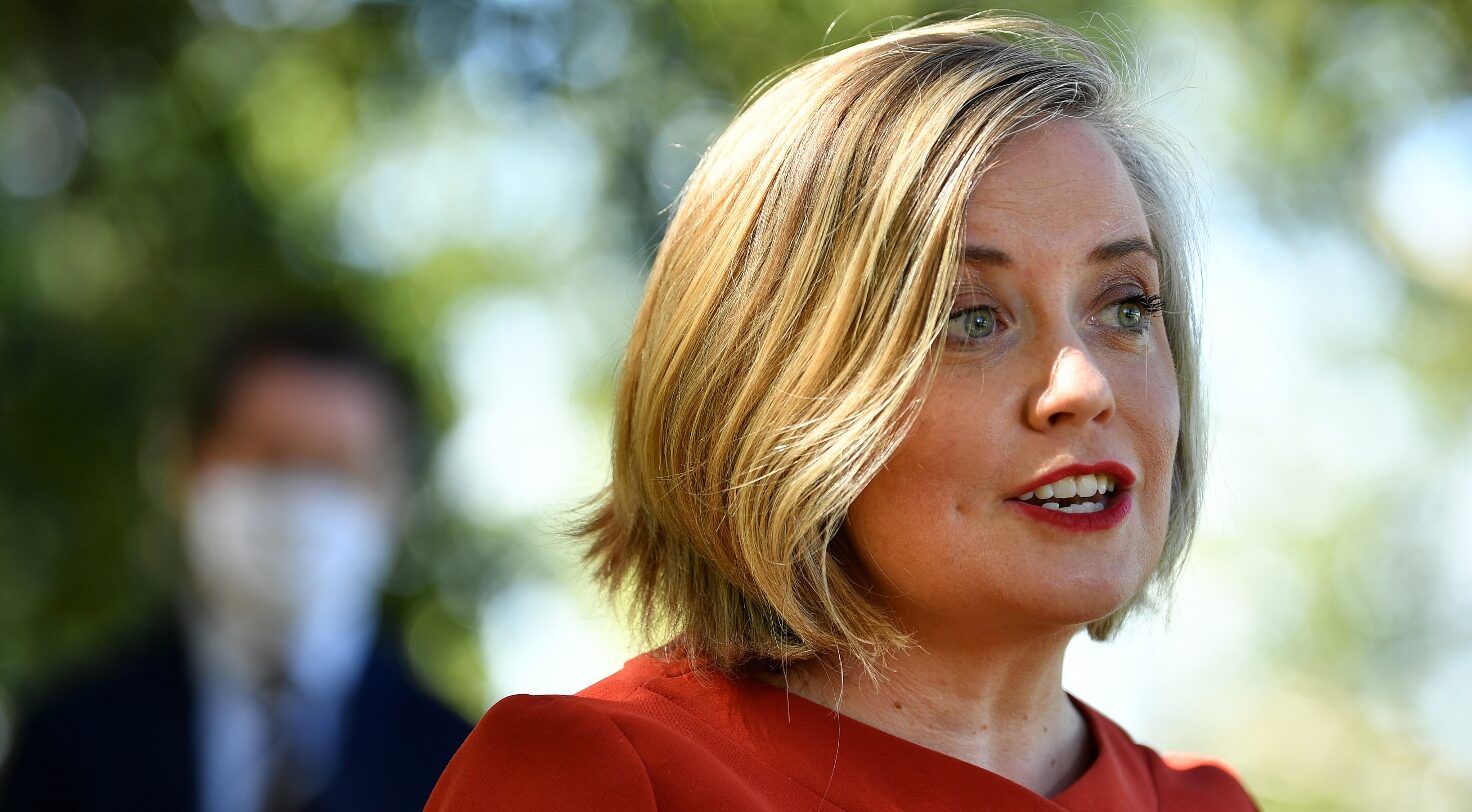
City asks KPMG for more trigen information

The City of Sydney authorised an independent report on Monday night requesting further commercial advice about Council’s controversial trigeneration scheme.
But the move to request for financial advice from KPMG failed to quell attacks from Liberal councillors Christine Forster and Edward Mandla.
“How can we pretend this project is undergoing rigorous and impartial assessment when we have to go ahead with it in order to meet our emissions targets?” Ms Forster said.
“I think we are forcing it on ratepayers and it has not been assessed on its merits at all. We’re writing a blank cheque and this is being assessed as a means to an end. It should be rethought from the ground up.”
While councillors are bound by a confidentiality agreement not to divulge the exact costing of the entire project, City News revealed last week consulting costs to trigeneration provider Cogent have blown out from from $1.1 million to $2.8 million. The scheme is hoped to be implemented at full capacity by 2030.
Lord Mayor Clover Moore said the City was performing “due diligence” by requesting for further fiscal information.
“We are only voting tonight on whether a leading economic analysis by KPMG can look at the project to assess whether it’s viable. The only financial commitments that have been entered into this are research and background work,” she said.
“Most of the costs to operate the network will be financed by the private sector, not the City. We are working methodically and carefully to deliver a complex project.”
Mr Mandla said Council needed new information from KPMG since the original cost-benefit analysis conducted on trigeneration was in 2010 by UTS.
“There have been a lot of changes since that time: gas price uncertainty, change in demand and new forecasts showing that there’s no need for new generation in NSW until at least 2020. There is uncertainty about supply and changes in distribution,” he said.
Mr Mandla raised further concerns over the scheme’s possible reliance on coal seam gas (CSG) as a back-up energy supply.
“Without breaking any confidentiality in that document, may I say that I believe CSG has just been brushed to the side,” he said.
“I do think we need to specifically address how much our new forecasts will rely on CSG. It needs to be specifically addressed.”
But Ms Moore quashed the speculation, arguing the theory trigeneration will “drive up demand for coal seam gas is nonsense”.
“Even if it’s at full capacity at 2030, the trigen network will only account for 1 per cent of projected demand for gas and yeast,” she said.
Despite opposition from the Liberal councillors, Council voted to establish basic trenching and infrastructure at Green Square, forming the basis of a trigeneration energy centre.









